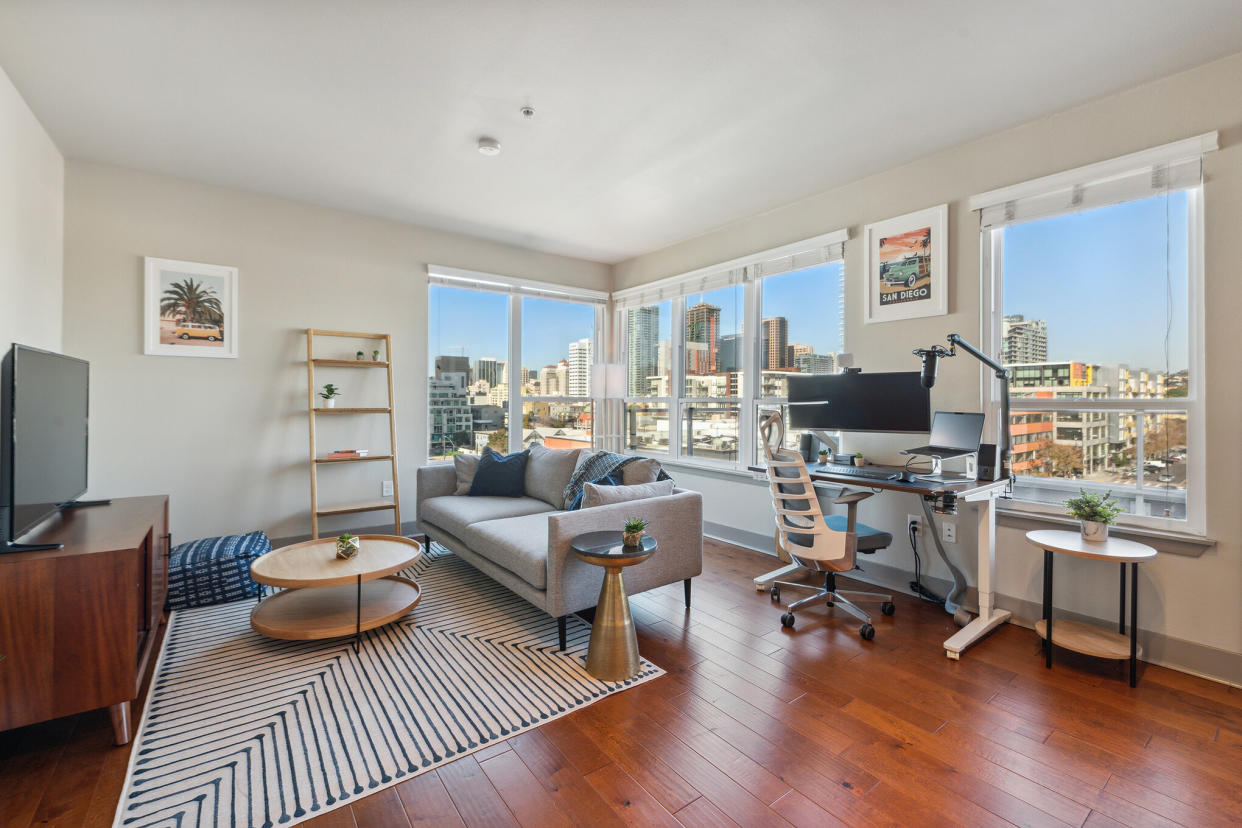Anyplace, a startup aimed at giving "digital nomads" a comfortable place to work, says new round "nearly doubled" valuation

Hospitality startup Anyplace began its life as a marketplace that gives people the option to book hotels or rentals for a minimum of 30 days nearly anyplace they want.
In early 2022, the company pivoted into an operator model with its product, Anyplace Select, which is designed for remote workers and corporate travelers to be able to work from anywhere with furnished apartments that include a “fully equipped” home office. It stopped operating the marketplace in December 2022 to focus on the new line of business.
The transition has proven to be a smart move for the company, according to CEO and co-founder Satoru Steve Naito, who said the company's revenue is up 6x since we talked with Naito in January of 2022.
To further fuel its growth, Anyplace told TechCrunch exclusively today that it has raised $8.27 million in Series B funding. It last raised in January 2022 -- a $5.3 million Series A round led by GA Technologies.
Jason Calacanis’ LAUNCH Fund tripled down on its investment by leading Anyplace’s latest venture round. Michael Savino, president of the LAUNCH Fund, has joined the startup’s board in conjunction with the raise, which also included participation from CapitalX, Gaingels, Riverside Ventures, Potluck Ventures, MSIVC, FreakOut Shinsei Fund, Delight Ventures and several influential individual backers.
Anyplace also secured $2 million in debt from Silicon Valley Bank.
Naito declined to reveal the 30-person company’s valuation, saying only it "nearly doubled" from its Series A round.
Currently, Anyplace manages more than 100 units in four cities: New York City, San Francisco, Los Angeles and San Diego. Annual occupancy rates average between 80% and 85%.
“We’re creating a new category of work-friendly accommodations,” Naito told TechCrunch.
Anyplace makes money by leasing unfurnished spaces in bulk (by bulk, think five to 10 units) from large real estate companies such as Greystar, Avalon Bay and UDR. Before subleasing, Anyplace makes the units “work-ready” by furnishing them and installing home office equipment and high-speed internet in a plan to target people who are working remotely.
Its markup depends on market and list price, but is usually around 50%, according to Naito.
Interestingly, Anyplace doesn’t view itself in competition with Airbnb, which usually offers shorter-term rentals. In fact, about 50% of its customers come from Airbnb or another similar platform. The startup also recently started listing its properties on Blueground, a furniture apartment management company which also operates a marketplace.
Despite more people returning to work in the office, Naito is convinced that there remain enough “digital nomads” to give Anyplace plenty of business.
“Big tech tend to get people back in the office or more of a hybrid arrangement. But office vacancy rates in San Francisco, New York and LA are still at record highs,” he said. “I believe remote work is here to stay for most companies. And also, the pandemic has changed the way people work during their business trips -- even after the pandemic. They are taking longer trips. And still living a nomadic lifestyle, which creates a huge market for us.”
The startup plans to expand into new markets in the fourth quarter, such as Miami, Boston, Austin and Seattle. It is also working to improve the experience for its customers by doing things like providing coffee beans from local coffee shops and other personalized and specific local concierge services and recommendations for things like grocery stores or yoga studios.
“Anyplace is not another commodity-furnished apartment company like Blueground, Zeus or Landing,” Naito said. “They are good at scaling their business but their customer experience is getting commoditized.”
In the future, Anyplace also plans to offer its clients the option to purchase furniture or the office setup in its units by partnering with different brands.


